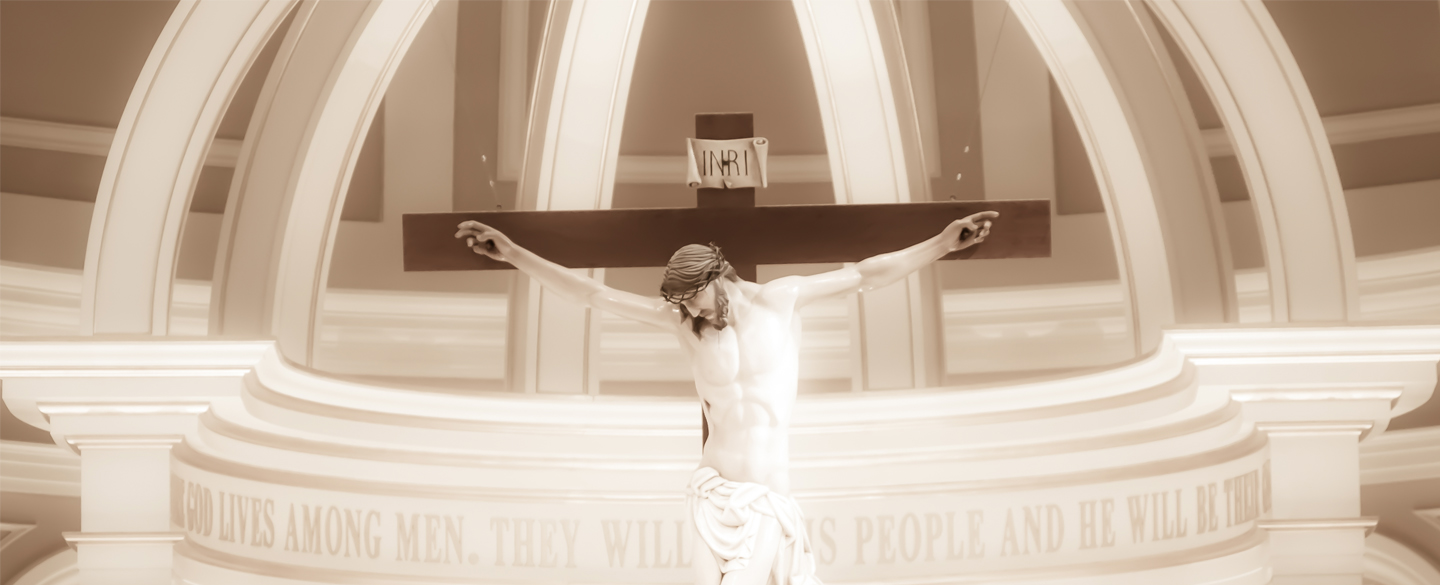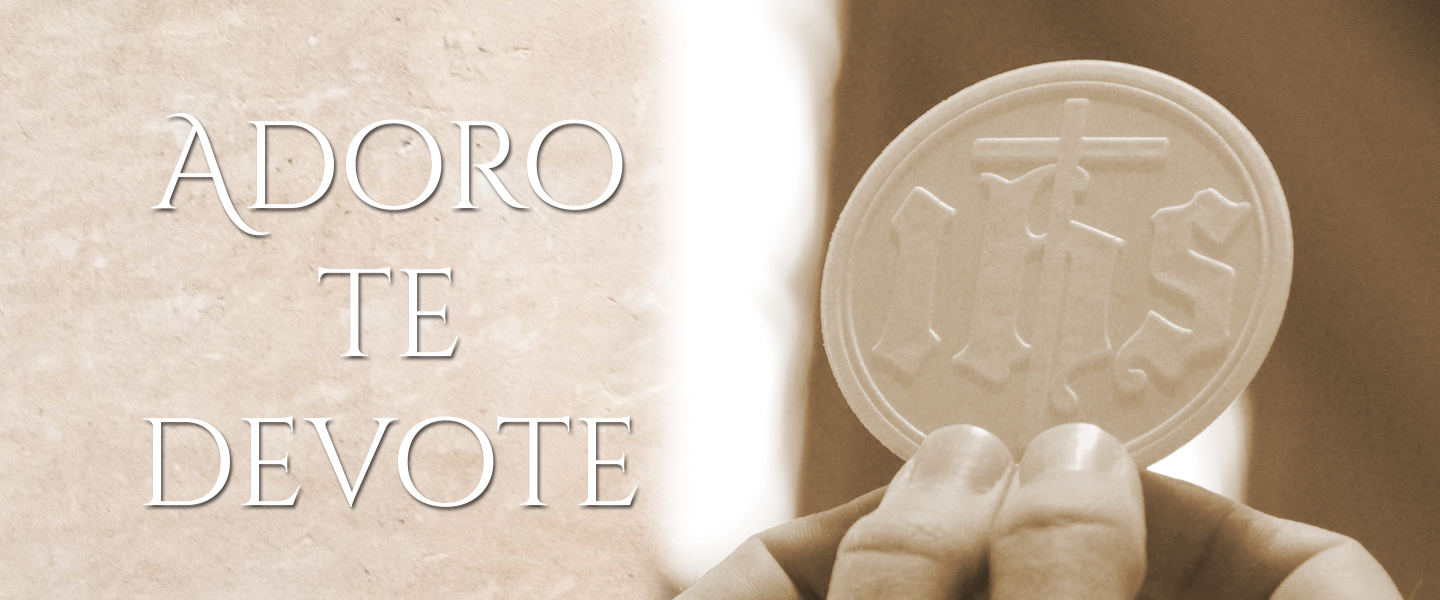
Himself a man of intense prayer and an ardent lover of the liturgy, St. Dominic knew that his Order must flourish so long as there ascended to God night and day the unending solemn supplication of the liturgy. (A History of the Dominican Liturgy, William Bonniwell, OP)
The sacramental life is at the heart of Dominican life, as it is at the heart of the life of the Church. No school of spirituality is what it ought to be unless the sacraments are at its core. For Dominicans, however, there is a historical aspect of importance in considering the sacramental life. This history goes back to the very founding of the Order of Preachers.
St. Dominic’s inspiration to form a mendicant band of preachers developed in southern France in response to the challenge of the Albigensian heresy. This heresy was one of many that have plagued Christianity through the centuries with its dualist teaching, pitting soul against body. Only the spiritual was seen as a good, while the material world, including the human body, was identified with evil itself. Anything that promoted the good of the body, including eating and procreation, was defined as sin. Perfection, according to the Albigensians, consisted in the soul breaking out from the limitations of the “evil,” material body.
The Church, on the other hand, has always preached the good of body and soul, matter and spirit. The Incarnation of the Son of God, who took on human flesh, is the ultimate manifestation of the goodness of the human body. When Christ assumed human flesh, the human body was given a great honor and, in a sense, was divinized by the presence of God. The sacraments continue this reality. In them matter becomes the instrument of God’s grace.
The truth of the sacraments was the antidote to the lies of the Albigensian heresy. St. Dominic recognized the fundamental importance of this truth. Today, the daughters and sons of this holy preacher continue to express in their personal lives and in their preaching and teaching the vital necessity of the sacraments in the life of the Church.
The Dominican day gravitates around the liturgy. The supreme act of the day is the sacrifice of the Mass, the highest praise man can offer to the Holy Trinity. Providing a setting for the Mass is the Divine Office. It prepares for the Mass and draws from it, carrying its graces into the entire day. (Dominican Spirituality, William A. Hinnebusch, OP)


 Back
Back